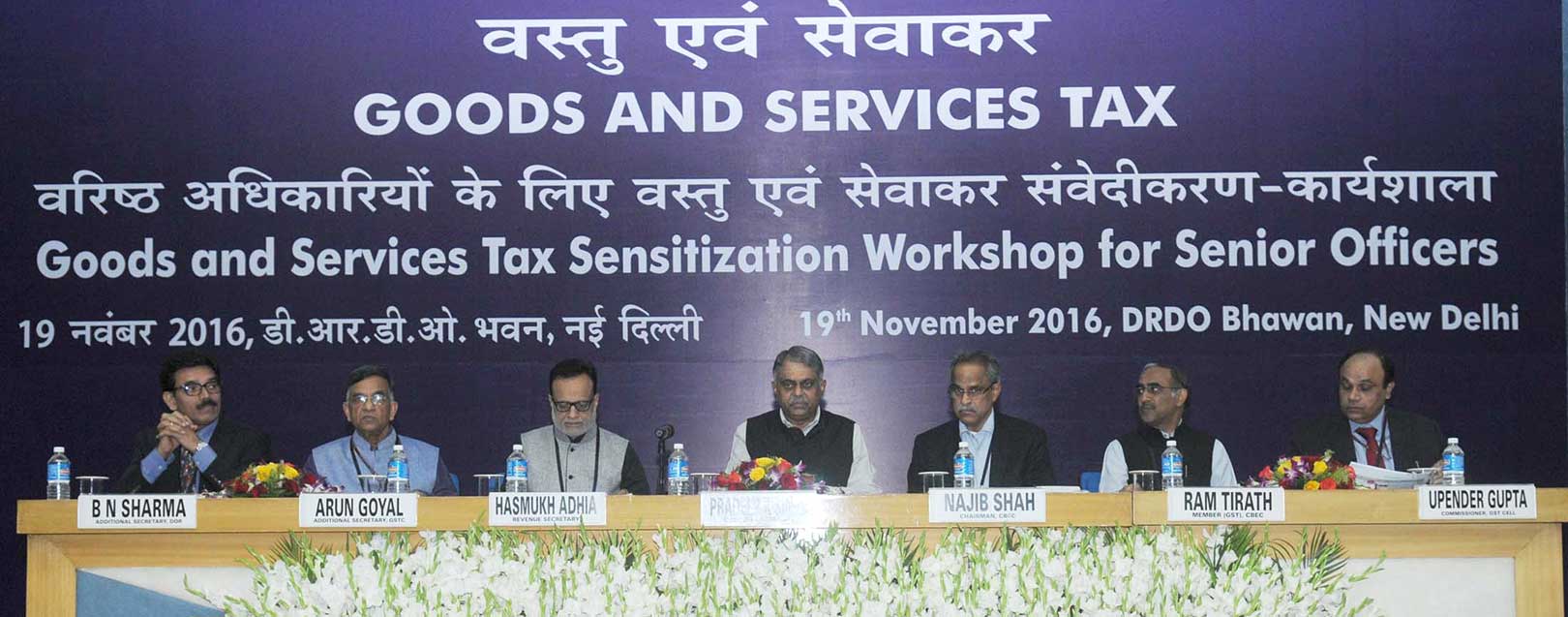
Draft GST Bills circulated to the States
Ranjeet Mahtani & Stella Joseph
The three Draft GST Bills i.e. draft Central Goods and Service Tax Bill (‘CGST Bill’), the Integrated Goods and Service Tax Bill (‘IGST Bill’), and the Goods and Service Tax (Compensation for loss of revenue) Bill have been circulated to the States for comments. While the drafts per se have not been put up for public comment (like the Model GST law which was circulated on 14th June, 2016), in terms of indications that are emerging the slab rates (of 5%, 12%, 18% and 28% for goods and as well as services [except the 28% slab rate]). The absence of the slab rates in the statutes may be an indication that these will be separately notified. The periodicity of a rate change will therefore become unpredictable if these are prescribed by way of notifications. We should remind ourselves that though the GST Council can make “recommendations” inter alia in relation to the rates (and which it did – in the form of the four slab rates), these recommendations are ultimately not binding. One only hopes that all the concerned authorities (Centre and State) respect the underlying federal spirit of GST and tow to the rates as decided cumulatively at the GST Council forum.
The bureaucracy parallelly is also deciding on classifying the goods/ services in terms of the slab rates. Hence, industry should continue to be proactive in representing their areas of concerns to the relevant authorities.
The GST Bills have been listed for introduction, consideration and passing before the Parliament (without specifying the date), to be taken up during the current winter session (from November, 2016 to December, 2016). There are indications that this could be towards the end of November or early December. One will have to see if these are introduced as Money Bills (and thus circumventing the debate in the Rajya Sabha, where Opposition has a stronger presence). The recent brouhaha over the demonetisation drive may have some impact on the Parliamentary deliberations. One only hopes that the momentum picked up by the Government to fast track the GST process does not face such bumps and hurdles on the way.
Progress on the enrolment drive
The enrolment process (for migration of existing registrations to GST) for the second set of States (including some of the key States such as Maharashtra, Gujarat and Goa) – commenced on 14th (in some States, effectively on 15th since 14th was a Government holiday) and will continue till the end of this month. Typically, the relevant details (provisional ID and passwords) to initiate the process have been made available online (except in Goa where these were provided physically). The online process is seemingly simple and no major hick ups have yet been reported. There is yet no official clarification issued on whether this process has to be undertaken multiple times by the assessees who have multiple registrations.
SEZ benefit to continue?
The Revenue Secretary on 9th November chaired a meeting to deliberate upon the changes that are to be made to the SEZ Act so that the indirect tax concessions presently enjoyed by SEZs may continue under GST as well. The benefits may be extended by way of amendments to the SEZ Act (specifically Sections 26 and 30) and the Rules thereunder. There were earlier speculations as regards the continuation of such benefits – given that GST generally is geared towards granting minimal exemptions - the uncertainty is now seemingly reduced.
Considering the momentum towards introducing GST, it is crucial for the industry to start evaluating their systems and processes and how these will get impacted under GST, to ensure overall preparedness towards GST.








 to success.
to success.